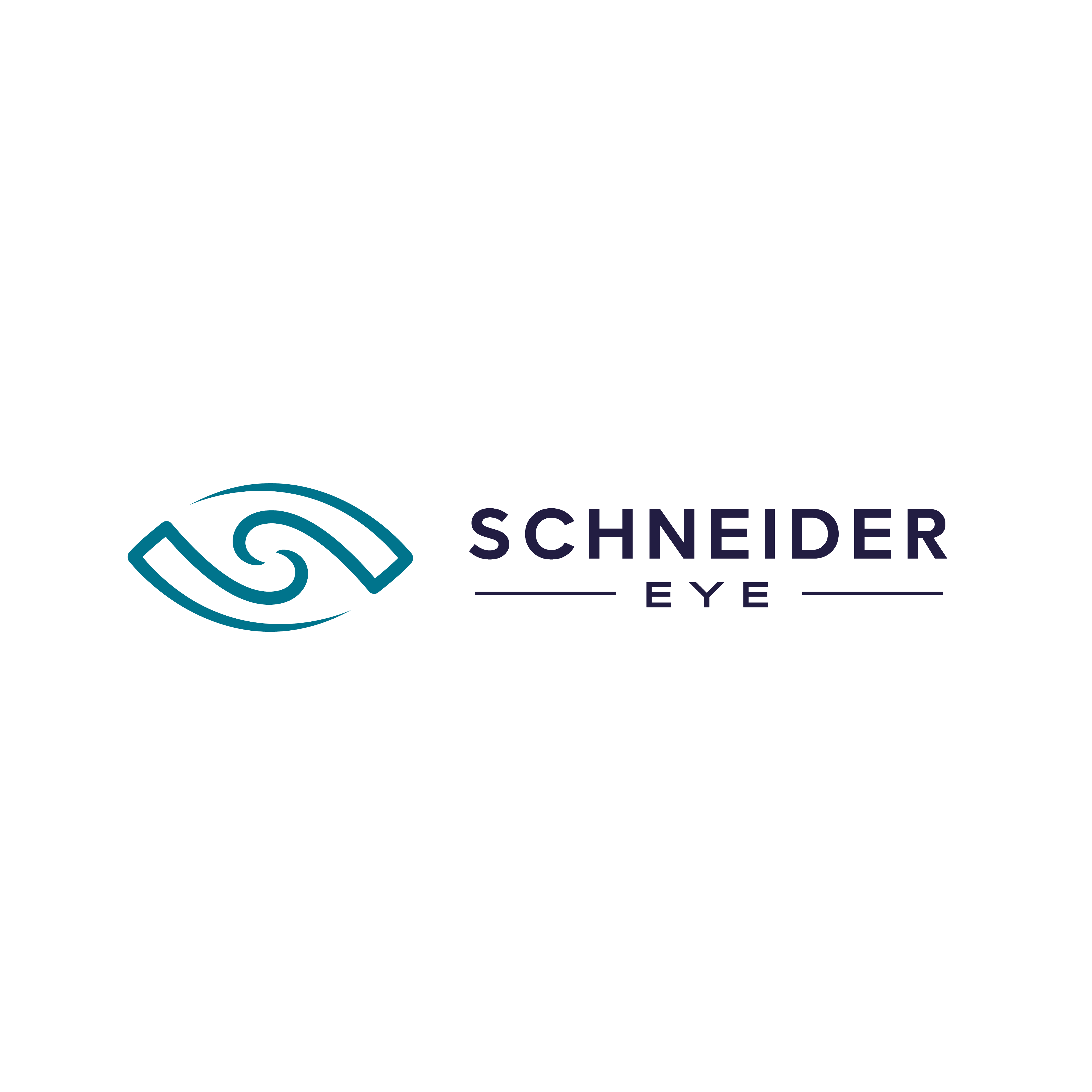Macular Degeneration
Macular degeneration, a prevalent condition affecting individuals aged 60 and older, is a progressive eye disease with the potential to significantly impact one’s quality of life. This disease primarily targets the macula, a crucial area of the retina responsible for sharp central vision. The gradual deterioration of the macula can lead to vision loss and, in severe cases, even blindness.
While macular degeneration cannot be fully cured, there are treatment options available that can offer substantial benefits in preserving and potentially improving visual function. Our dedicated team specializes in managing macular degeneration and can provide a range of therapies tailored to your specific needs. These treatments may include medications, lifestyle modifications, and vision aids designed to enhance your remaining vision and maintain your independence. With early detection and the right interventions, we aim to maximize your visual potential and help you enjoy a better quality of life despite macular degeneration’s challenges.

Frequently Asked Questions
Understanding Macular Degeneration
Macular Degeneration is a progressive eye condition that affects the macula, the central part of the retina responsible for sharp, central vision. It is a leading cause of vision loss among older adults. There are two main types: dry (atrophic) macular degeneration, characterized by the gradual breakdown of light-sensitive cells, and wet (neovascular) macular degeneration, involving abnormal blood vessel growth.
Risk Factors and Prevention
Certain factors increase the risk of developing macular degeneration. These include:
-
Age: The risk increases with age, especially after 50.
-
Family History: A family history of macular degeneration may elevate the risk.
-
Smoking: Smoking is a significant modifiable risk factor.
-
Race: Caucasians are more prone to macular degeneration than other races.
While some risk factors are beyond control, adopting a healthy lifestyle, including not smoking and maintaining a nutritious diet rich in antioxidants, may help reduce the risk.
Symptoms and Early Detection
Macular degeneration often progresses slowly, and symptoms may not be immediately noticeable. Common signs include:
-
Blurred or Distorted Vision: Straight lines may appear wavy or distorted.
-
Reduced Central Vision: A dark or empty area may be perceived in the center of vision.
-
Difficulty Recognizing Faces or Colors: Color perception may be affected.
Regular eye exams, including retinal evaluations, are crucial for early detection. Early intervention can help slow down the progression of the disease.
Treatment Options
The treatment approach for macular degeneration varies based on the type and severity. While there is no cure, several interventions may help manage the condition:
-
Anti-VEGF Injections: Medications injected into the eye can inhibit the growth of abnormal blood vessels in wet macular degeneration.
-
Photodynamic Therapy: Involves laser treatment to destroy abnormal blood vessels.
-
Low Vision Aids: Devices like magnifiers can assist individuals with reduced vision.
It’s essential for individuals with macular degeneration to work closely with eye care professionals to determine the most suitable treatment plan.
Lifestyle and Coping Strategies
Living with macular degeneration requires adjustments to daily life. Some strategies include:
-
Adopting Assistive Technologies: Using devices like magnifiers and screen readers.
-
Maximizing Lighting: Ensuring well-lit environments to aid vision.
-
Support Networks: Seeking emotional support from family, friends, or support groups.
Maintaining a positive attitude and actively engaging in strategies to adapt to visual changes can significantly improve the quality of life for individuals with macular degeneration.
